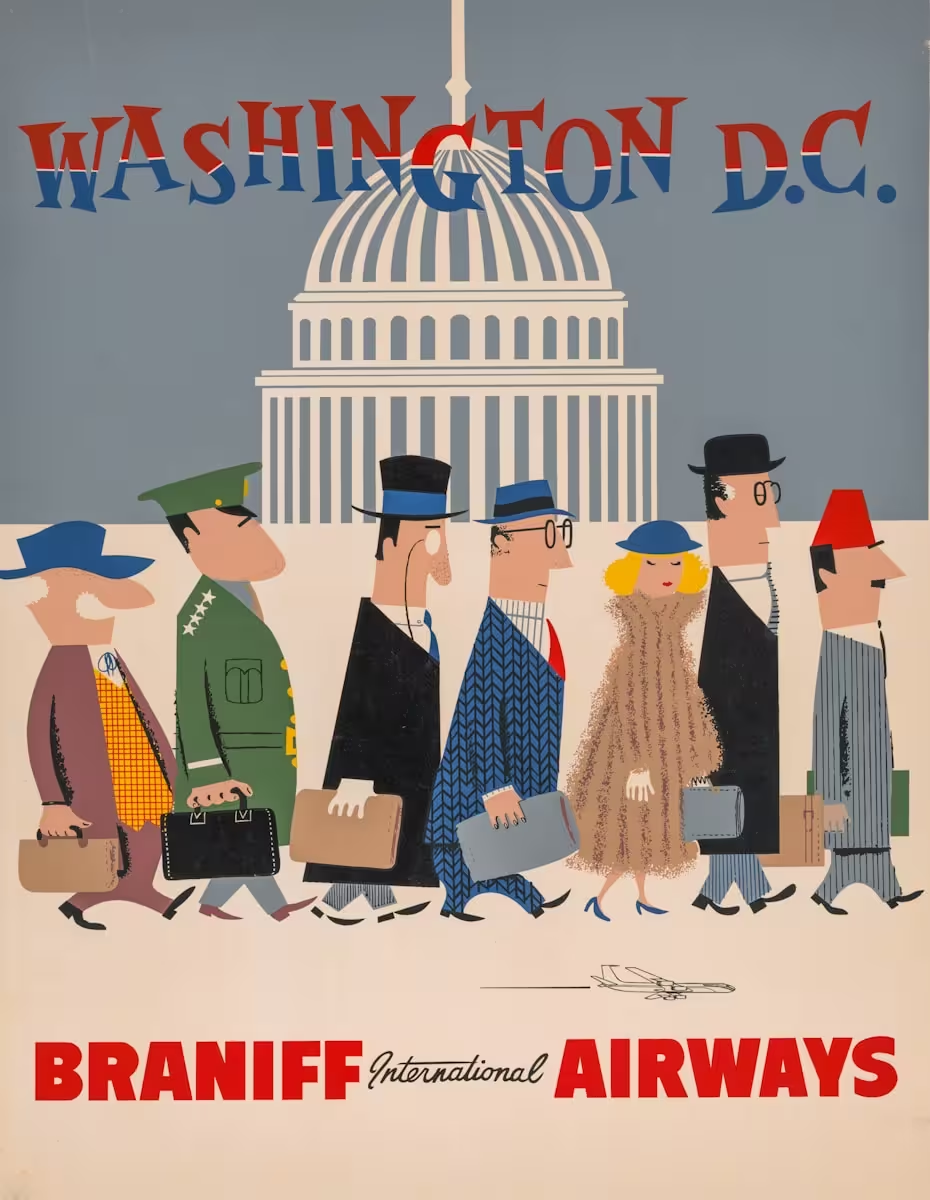Rockwall Voices Op-Ed
As I recently read The Wright Brothers by David McCullough, I couldn’t help but reflect on the incredible innovation and determination that fueled the birth of modern aviation. Wilbur and Orville Wright’s relentless pursuit of powered flight set the stage for an industry that would transform the world in unimaginable ways. In just over a century, aviation has evolved from a dream realized by two brothers on a windy beach in Kitty Hawk to a global industry serving billions of passengers annually.
However, this rapid evolution wasn’t without growing pains—most notably, establishing the Civil Aeronautics Board (CAB) to regulate fares, routes, and competition. Yet, as transformative as the Wright brothers’ invention was, the industry’s true potential was only fully realized when deregulation allowed the market to flourish, leading to the democratization of air travel and the innovation we see today.
In 1938, the United States took a significant step toward regulating the nascent aviation industry with the establishment of the Civil Aeronautics Board (CAB). This move provided a necessary foundation for safety, stability, and infrastructure as commercial air travel took flight—quite literally. For decades, the CAB carefully controlled airline routes, fares, and the entry of new players, ensuring airlines could stay financially sound. But the price of this regulation was felt most by the consumer.
Back then, flying was a luxury. For most, it was an aspiration out of reach, reserved for the wealthy or business purposes. It wasn’t that Americans didn’t want to fly—it was that air travel, under CAB’s tightly controlled environment, wasn’t accessible to the everyday family. Airlines competed on service, sure, but not on price. For the working class, the idea of flying was about as realistic as owning a yacht.
Fast forward to 1978, when the Airline Deregulation Act was passed. The decision to dismantle the CAB’s control over the industry was bold. It was also necessary. By freeing the market from government-set prices and routes, the airline industry—and the consumer—finally had room to grow. It marked the beginning of what I’d argue is one of the greatest success stories in transportation history.
Suddenly, the competition took off. Airlines had to earn their customers’ business, not through offering lobster dinners in-flight or handing out complimentary champagne, but by making tickets affordable. Low-cost carriers like Southwest Airlines emerged, and soon, flying was no longer the exclusive realm of the elite. It became an essential service, something middle-class families could budget for.
This shift didn’t just benefit passengers; it redefined the entire industry. Airlines streamlined their operations, innovated pricing models, and embraced hub-and-spoke systems that connected smaller cities to the rest of the country. Deregulation opened up an era where consumers could take their pick from a wide range of carriers, routes, and ticket prices. It’s no surprise that, post-deregulation, air travel boomed. What was once a mode of transport for the few became accessible to the many.
Today, some might bemoan the loss of spacious seats or free meals, but let’s not lose sight of what was gained. Air travel is now integral to the lives of millions of people. Whether it’s a business trip, a family vacation, or even a spontaneous weekend getaway, flying is now a common part of life—and that’s because the barriers of cost and access were broken down. The deregulated market created a space for innovation, competition, and customer choice in ways that government regulation never could.
Some critics of deregulation argue that it led to a race to the bottom, citing bankruptcies, consolidations, and occasional service cutbacks to smaller markets. Yet, the numbers tell a different story. Despite economic downturns, oil crises, and post-9/11 turbulence, the airline industry has proven resilient. Carriers have adapted to changing times, evolving their business models to remain competitive. As a result, fares have generally trended down, while safety and technology have only improved.
The success of airline deregulation offers an enduring lesson in the power of free markets. Regulation had its place during the early years of aviation, helping to establish a foundation for the industry. But in time, it became clear that innovation was stifled. Deregulation allowed the market to do what it does best: deliver value, efficiency, and choice to consumers. It’s a model we should consider for other industries that remain over-regulated today.
As someone who believes deeply in the power of entrepreneurship and market-driven solutions, I see the airline industry’s deregulation as a case study of how businesses—and consumers—flourish when given the freedom to compete. The CAB era may have had its day, but the open skies that followed are where the real innovation took flight.
About the Author:
David Vega is the founder and CEO of Rockwall Capital Group. With over 25 years of experience in the financial services industry and a track record in leadership roles involving turnarounds, startups, and business exits, David brings strategic insights that have helped businesses thrive. An active philanthropist, David serves on non-profit boards and supports charitable initiatives in his community. He is passionate about empowering small businesses and fostering innovation to drive economic growth.


























